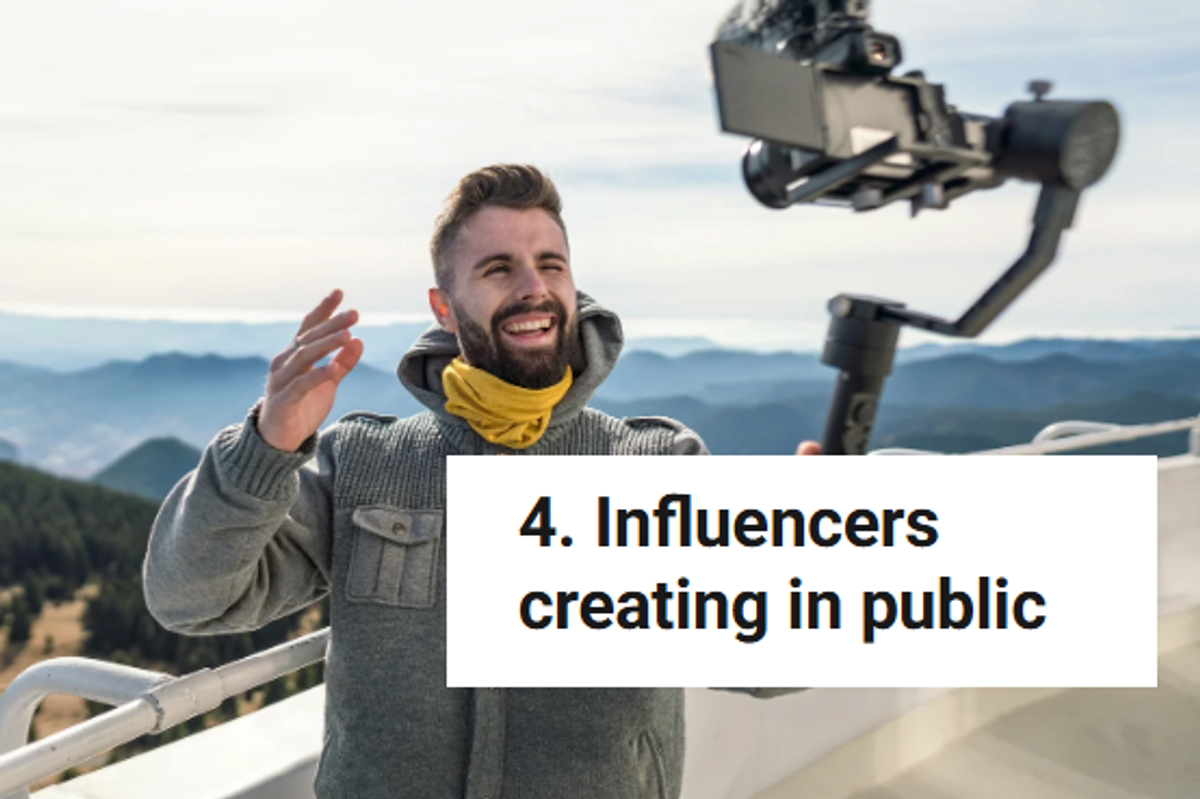These brothers know how people should be treated. That's why they're helping them move on.
These 'Meatheads' just launched a viral campaign to end domestic violence.
Moving to a new place is stressful even under normal circumstances.
But for those in violent relationships, it can be a lot more complicated. Worries are not just "Where's my phone charger?" and "Do I have enough packing tape?" but "How do I safely get myself and my kids out of the house before my partner gets home?" The logistical and financial challenges can make it that much harder to leave a dangerous situation.
Heartbreakingly, this kind of situation is more common than you'd think. According to the National Domestic Violence Hotline, 1 in 4 women and 1 in 7 men have experienced severe physical violence by a partner in their lifetime.
That's where Meathead Movers comes in.
Photo courtesy of Meathead Movers.
After getting requests from cash-strapped folks trying to flee abusive relationships, Aaron and Evan Steed, cofounders of Meathead Movers, began quietly helping men and women move for free in the late 1990s.
"When I first received a frantic phone call... I could hear the sheer desperation, fear, and panic through the phone," CEO Aaron Steed recounted in an email interview. "My brother and I knew that we needed to jump in our truck and get there as soon as we could. Accepting payment was the last thing on our mind."
"Real men don't hit women." Photo courtesy of Meathead Movers.
After that initial call, the brothers visited local shelters and let them know about the services they were offering. By 2001, they had developed formal partnerships with a number of shelters to help coordinate safe relocations.
And earlier this year, Meathead Movers took things one step further by launching the #MoveToEndDV pledge. Their goal? To challenge other businesses to think about how they can help people move on from domestic violence situations.
Already, 83 business have taken the #MoveToEndDV pledge, including a yoga studio, massage therapists, other moving companies, a mortgage broker, and more.
"Take the Pledge." Meathead Movers website.
For Aaron Steed, it's been amazing to see the creative ways that other businesses are finding to contribute. "Even ones that you think could have nothing to do with helping victims of domestic violence are finding a way to get creative and make a real impact," he explains.
David Wilson, a former high school economics teacher turned vice president of mortgage lending at Guaranteed Rate in San Luis Obispo, California, plans to teach financial literacy classes at a local women's shelter to help domestic violence survivors regain their financial footing. "Oftentimes controlling the finances is part of [domestic violence], so they need to re-establish the bank accounts and credit," he told me in a phone interview.
Ruthann McKenzie. Photo by RPM Designs.
For Ruthann McKenzie, founder of Just Be Confident, a women's coaching company in Sunrise, Florida, taking the pledge had personal meaning. Four years ago, she fled an abusive relationship with her 4-month-old.
"I wanted those who have experienced domestic violence or are currently going through it to know that there is hope and they can be brave," she said in an email interview.
Now an advocate for domestic violence survivors, McKenzie's business offers a free e-course and mentors young women who have experienced homelessness and domestic violence.
Photo courtesy of Meathead Movers.
In addition to helping people escape abusive homes, the Steeds hope to show their young employees — student athletes working their way through school — that, as Aaron put it, "domestic violence lurks in even the most perfect seeming lives [and] homes."
He never could have imagined that a decision he made nearly 20 years ago could take on a life of its own. "I am surprised and humbled by the viral nature of this campaign," Aaron says. And he's put forth a moving challenge for other businesses:









 A woman is getting angry at her coworker.via
A woman is getting angry at her coworker.via  A man with tape over his mouth.via
A man with tape over his mouth.via  A husband is angry with his wife. via
A husband is angry with his wife. via 

 Many people make bucket lists of things they want in life.
Many people make bucket lists of things they want in life. 

 A woman putting on makeup.via
A woman putting on makeup.via  An influencer filming himself.via
An influencer filming himself.via  A woman taking a photo of herself in her bedroom. via
A woman taking a photo of herself in her bedroom. via  A drunk guy passed out.via
A drunk guy passed out.via  A man adjusting his tie.via
A man adjusting his tie.via